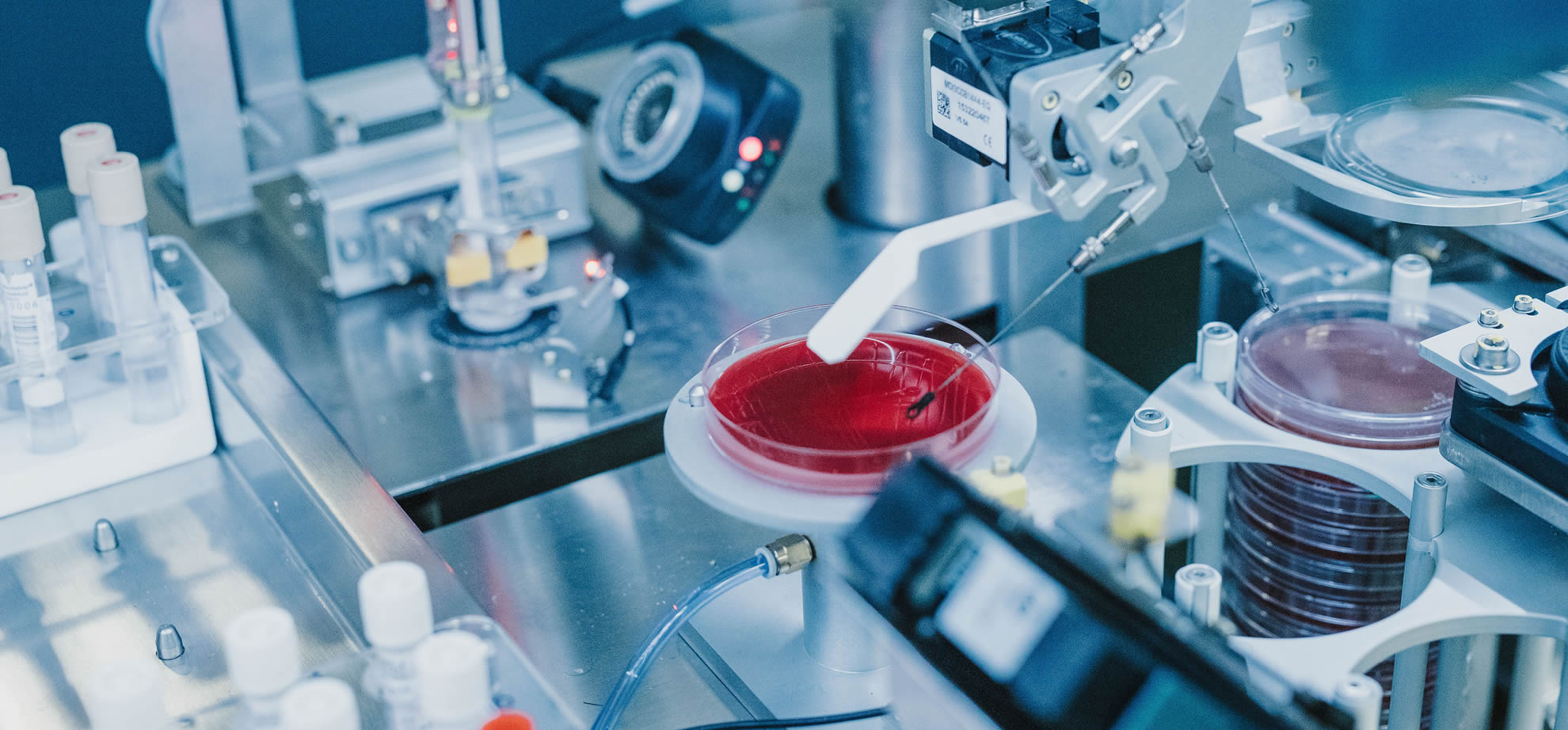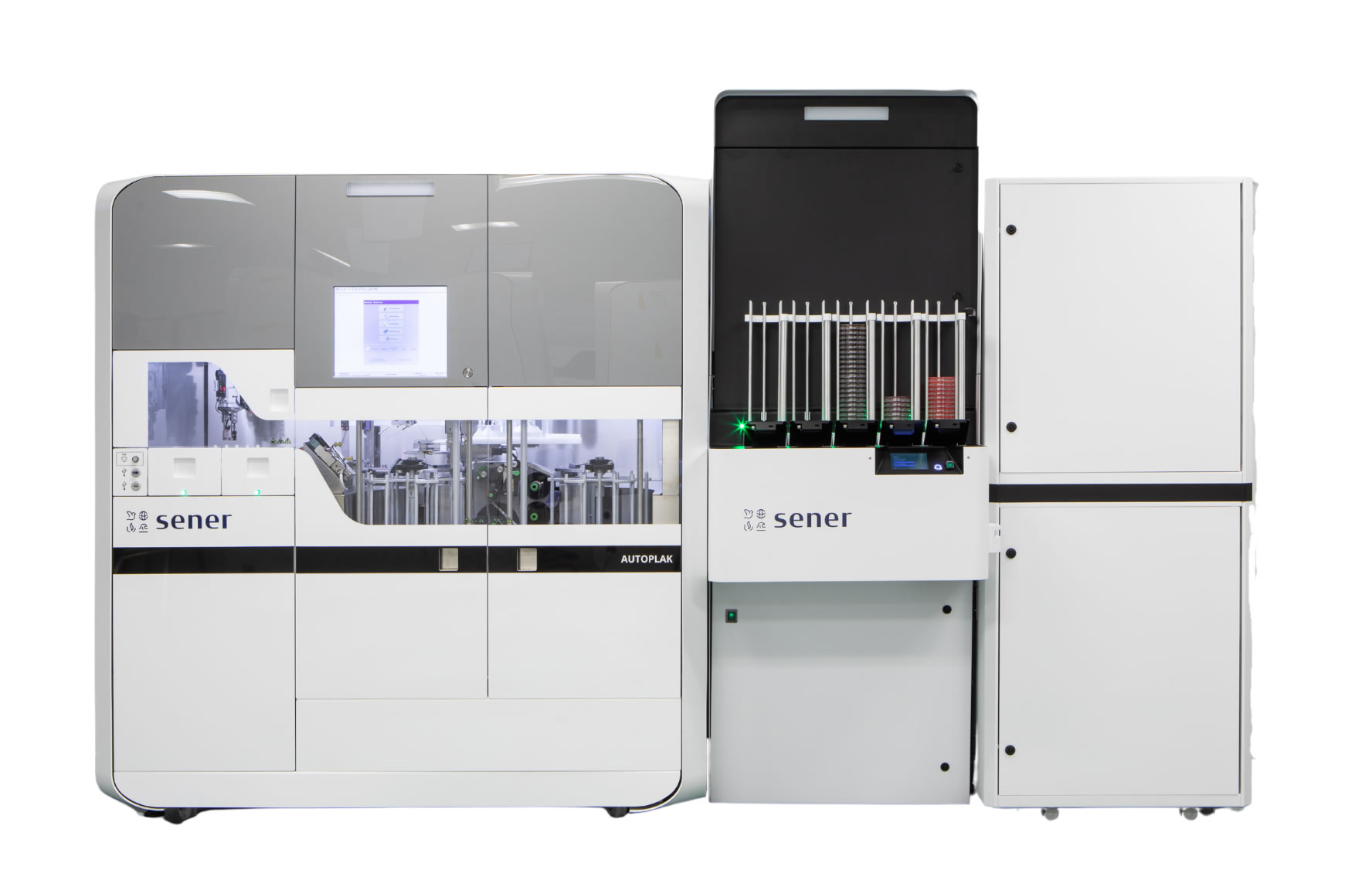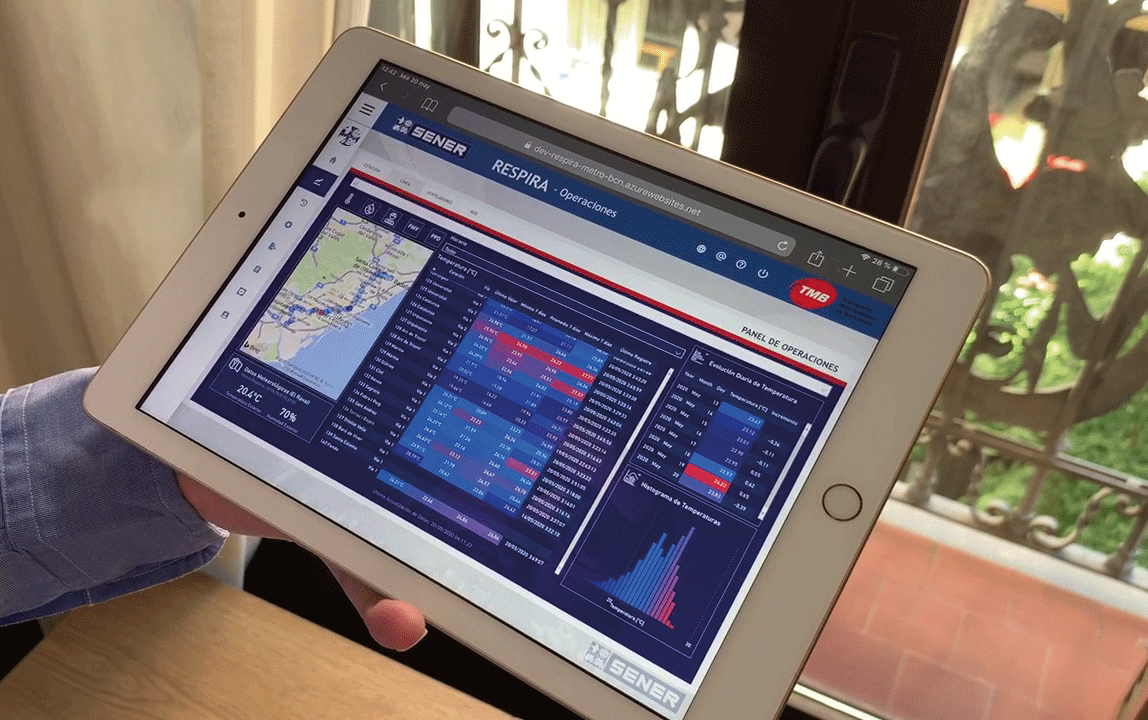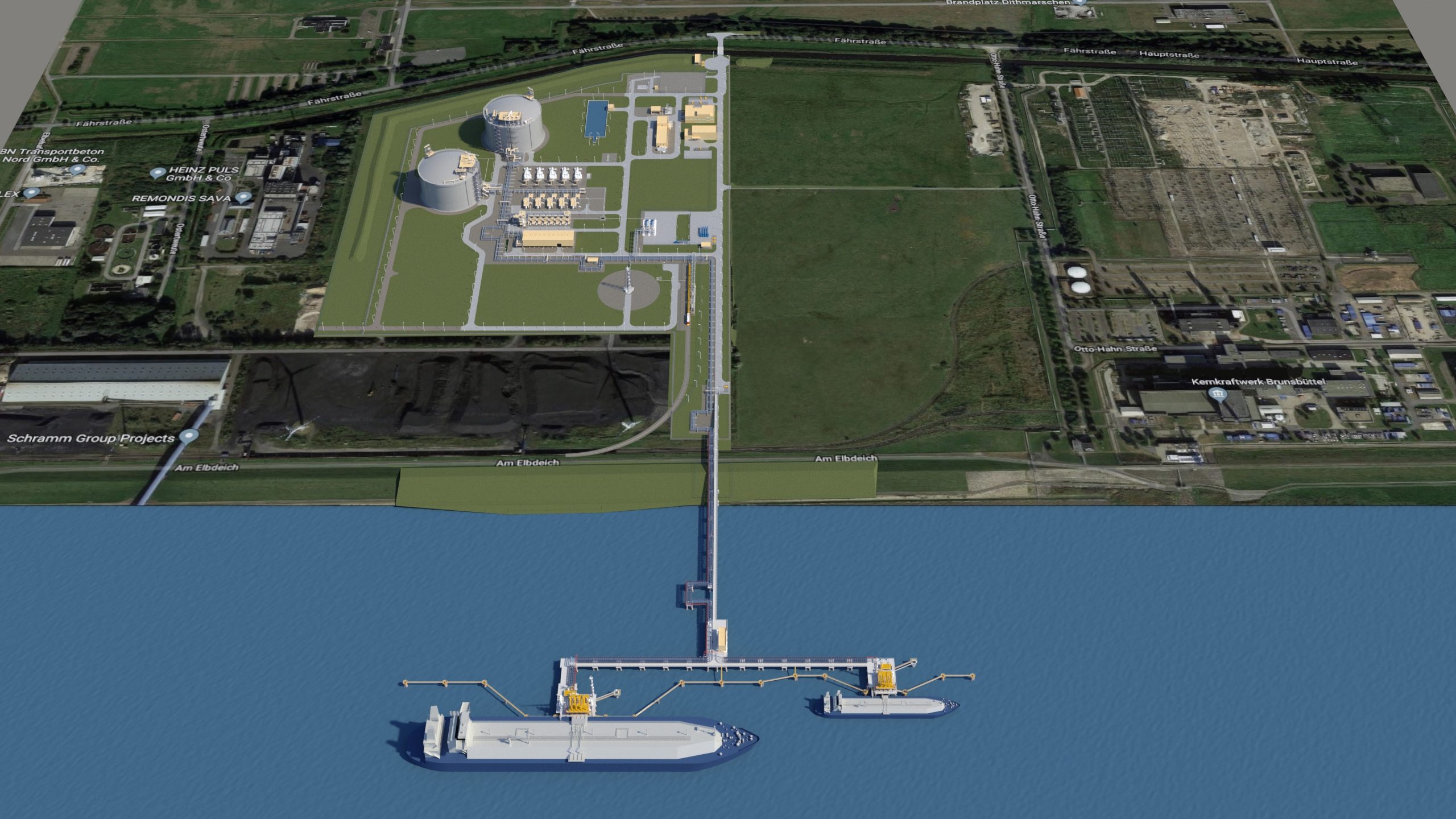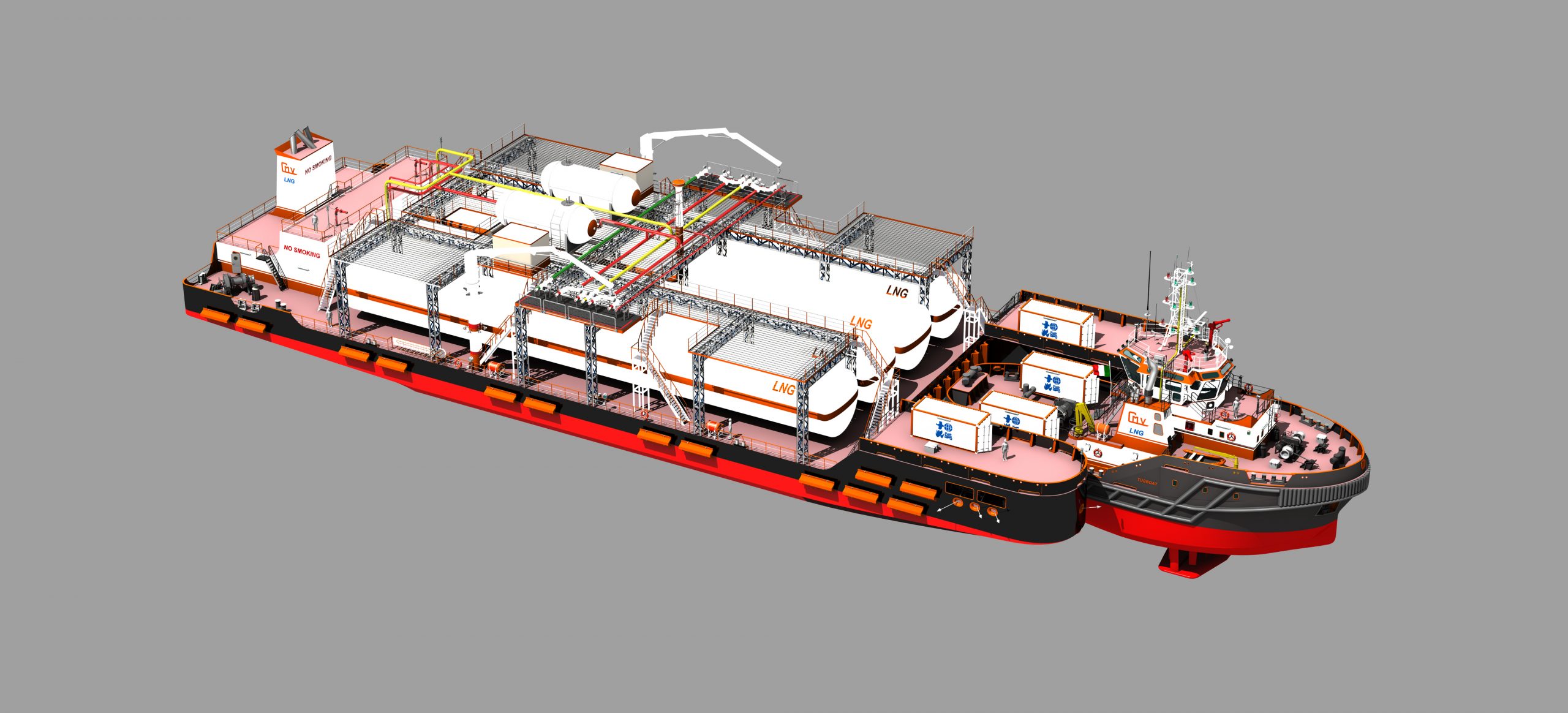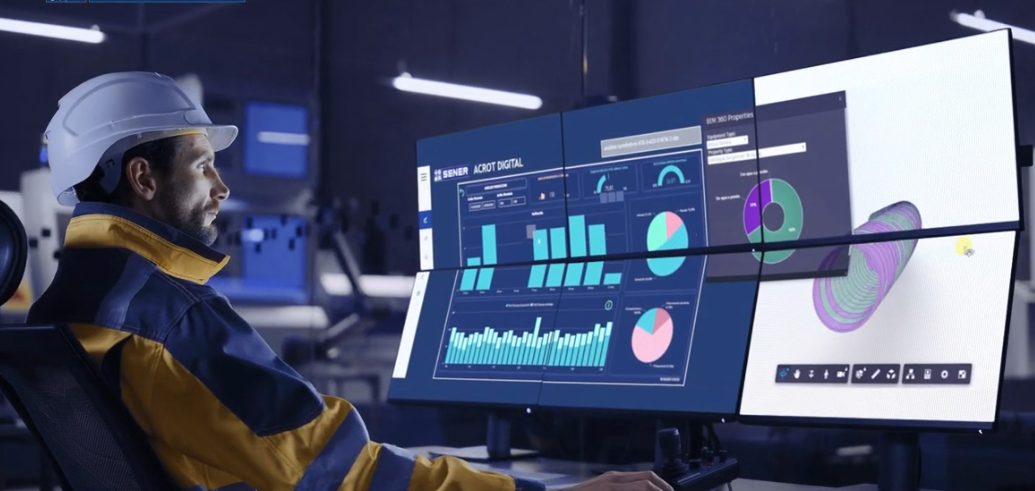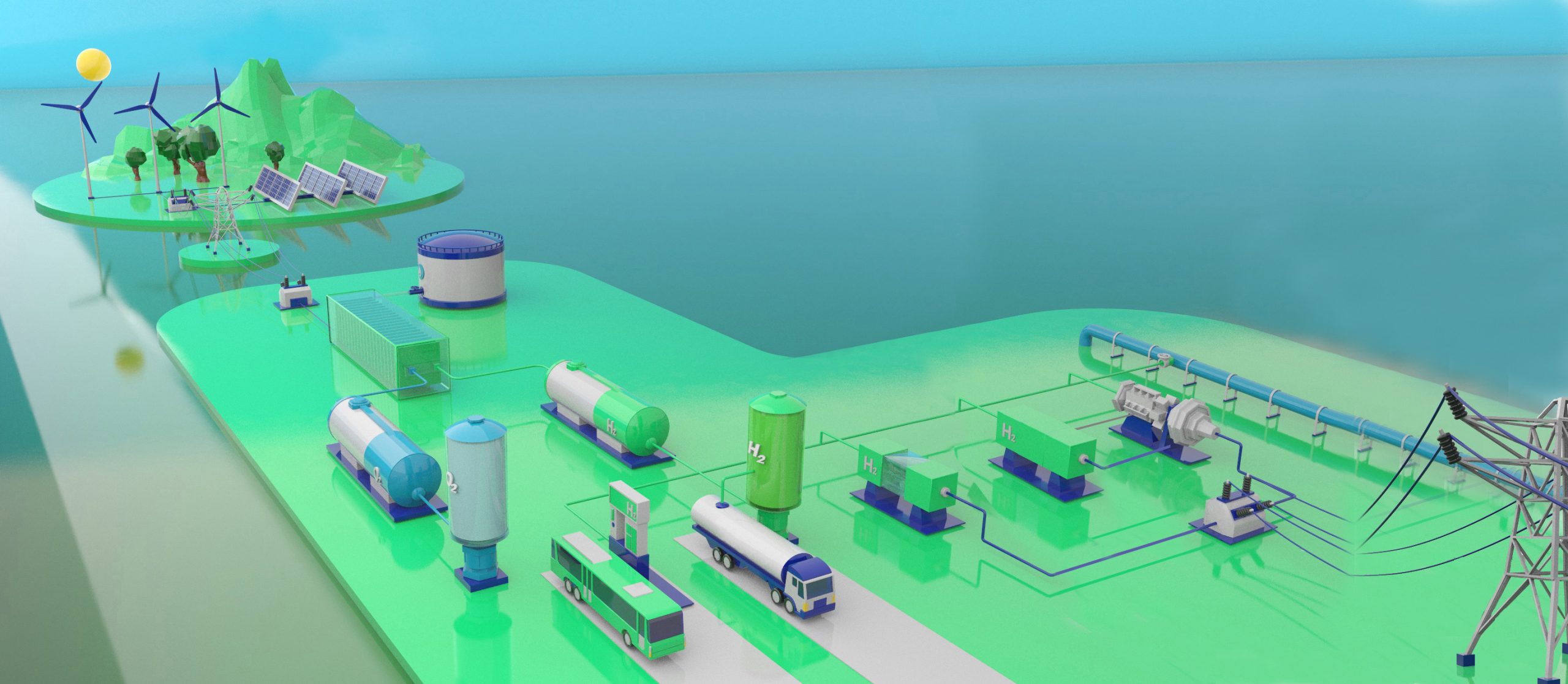
- Digitalization
- Mobility & Infrastructures
Categories:
In the vital fabric of healthcare, hospitals play a crucial role, where air conditioning not only aims to provide comfort, but also becomes a critical element for the recovery and safety of patients and medical staff. The relevance of air quality is especially intensified in critical areas such as operating theatres, laboratories and emergency areas. However, it is essential to emphasise that air quality influences the entire hospital, not just these specialised areas.
HVAC installations in hospitals are multifaceted systems, challenging due to the diversity of spaces and the presence of specialised equipment. The need for uninterrupted operation, different types of equipment and the requirement to maintain specific environmental conditions make hospital HVAC a unique challenge.

Air conditioning in hospitals
The key lies in the balance between three vectors: thermal comfort, air quality and energy efficiency
DownloadViruses and bacteria can adhere to airborne particles, increasing the risk of spreading diseases through aerosol inhalation. Incorrect, uncontrolled or non-optimised management of the air conditioning installation can lead to serious problems affecting thermal comfort, air quality and energy efficiency. Areas with excessively high or low temperatures can lead to user discomfort, as well as health risks due to the spread of pathogens and diseases through the air.
Increased energy consumption without achieving the desired objectives and increased maintenance and repair costs due to poor operation, overloaded operating hours and increased wear and tear on equipment are potential consequences of inadequate management.
The key therefore lies in achieving a balance between three key vectors: thermal comfort, air quality and energy efficiency. Equal satisfaction of these elements is essential, avoiding detriment to one for the benefit of the other. The harmonisation of these factors proves to be the cornerstone for ensuring safe, healthy and efficient hospital environments.
In this context, artificial intelligence (AI) presents itself as a transformative solution. Able to make real-time decisions and anticipate changing HVAC needs, AI not only improves operational performance, but also ensures efficient energy use. This is particularly important in an environment where air conditioning can account for up to 60% of total consumption.
The estimated 20-30% savings in energy consumption of existing solutions (such as Respira, a cloud-based system with AI algorithms developed by Sener) are testament to AI’s ability to transform hospital HVAC management. Its proactive approach not only responds to today’s demands, but also lays the foundation for more efficient and sustainable healthcare in the future.
Climate optimisation in the hospital sector goes beyond comfort and is an essential pillar of effective healthcare. Artificial intelligence is the key to addressing the complexity of hospital facilities, improving efficiency and ensuring healthy environments.
Guillem Peris
Guillem Peris es Dr. Ingeniero de Caminos, Canales y Puertos por la UPV y especialista en dinámica de fluidos computacional, sistemas de ventilación y climatización y gestión energética. Ha participado en proyectos de edificación, infraestructura del transporte e industria a nivel nacional e internacional. Actualmente, es el responsable de soluciones de eficiencia energética en el área de negocio Digital de Sener y lidera el proyecto Respira. Asimismo, es docente de la asignatura de mecánica de fluidos en la Escuela Técnica Superior de Ingeniería (ICAI) de la Universidad Pontificia Comillas. En 2022, fue reconocido por parte de la Real Academia de Ingeniería de España con la medalla Jóvenes Investigadores.

 About us
About us

